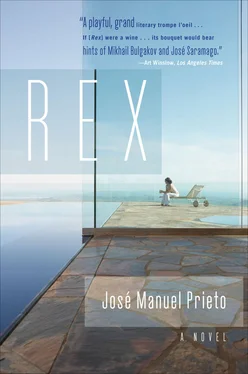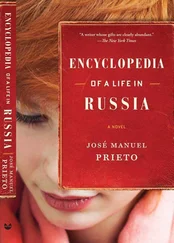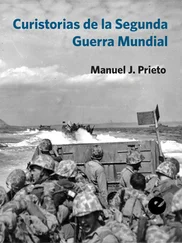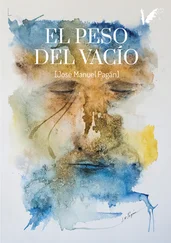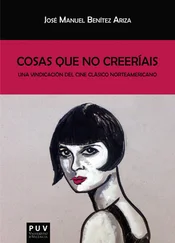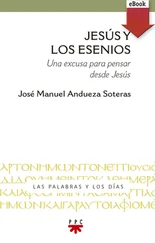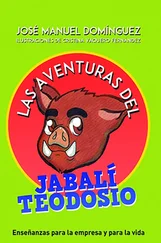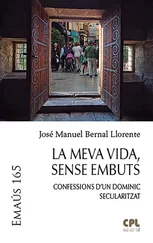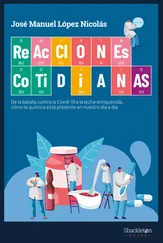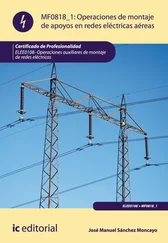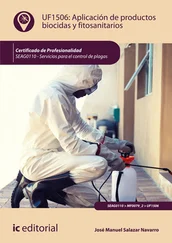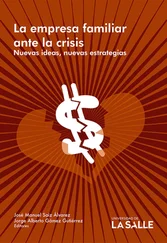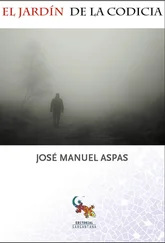Why didn’t I find any of this strange? Not even the next bit of news, for which I was entirely unprepared, and which struck me as the craziest, wackiest, most delirious thing yet. What a pack of madmen, I thought. The truly impossible part of the story, which began with a conversation Batyk and Vasily had with the two strangers, the mafiosi (real ones this time), the four of them in a bar, sitting around a minuscule table with nowhere to put their elbows. We have — they were addressing Kirpich, the only one of the four to have put his profusely tattooed forearms on the table, their eyes drilling into him — we have (they maintained) a set of diamonds of the first water that we’re looking for a way to sell.
Which was followed by the story, highly improbable in its fantastic absurdity, as if discovered in the work of the Commentator, of how they’d come by those stones, stumbled upon them by chance: a kimberlite pipe, a whole field.
Something had caught his eye, a spark in the underbrush, he told the mafiosi who were listening with gaping mouths; from among the pebbles he’d picked up a stone, a bit of glass, a bluish crystal, and the sun’s rays, streaming through the treetops, broke into a million shards against it and made him realize what he had in his hand, what he’d found, and that he was presumably (presumably? that was the word he used? presumably, yes) standing on top of a whole pipe of kimberlite, and that this was a diamond.
He walked around it, measured it with great strides of his reindeer-skin boots (in fact there were never any reindeer-skin boots! — though they do wear that type of boot in Buryatia, too). He gathered that it was a large field, not previously exploited, the top of a pipe that trees had shielded from the satellites’ sharp eyes. He’d jumped for joy, wept for joy — he lied to Kirpich and Raketa — and then immediately grown frightened, his pupils darting back and forth in the slits of his almond-shaped eyes, understanding that he’d need the help of a white man: this man, Vasily, a professor, a scientist, a white man.
That was what Batyk said, and Kirpich and Raketa believed him! Two lumpen proletarians, two big-city gangsters who’d never once, whose parents had never once in their whole childhoods taken them to visit Yakutia or Buryatia or anything that wasn’t Saint Petersburg, or even to the Russian Ethnographic Museum where they might have learned how intelligent and crafty the Nenets, Yakuts, and Buryats can be and are most of the time — six months of daylight, six months of night. Fully capable of exploiting any pipe all the way down, extracting its diamonds and then traveling to New York City, dressed as they always are, in the reindeer-skin boots that were false in Batyk’s story but are indeed worn by actual Yakuts, who would call ahead to arrange an appointment with Ronald Winston, licking their fingers in the Russian Tea Room, and Ronald not caring in the slightest; he, too, eating with his hands, sampling chicken fajitas off the plates of his dear Yakut friends Urutai and Bodonchor.
Such bumpkins, the Buryats, Batyk made them believe: incapable of taking an airplane, he lied to them, or of selling diamonds on their own. Vasily had forced him to raise the price, he lamented bitterly, but what did it matter? A big field, lots of money!
(Six and a half million dollars in cash? I gave a start and stared at them with question marks in my eyes. Six and a half million dollars in cash ? I stifled a cry and didn’t say “and my money? my salary?” Already up to my armpits in the nerve-racking quest for those diamonds.)
They told them their story in the bar, and a month later, without having loosened their hold on the swindle’s reins for a second, took them to a spot fifty kilometers from E*.
To a forest that opened out before them like a realm of enchantment: the evening stars in the sky, the March frost still glittering gemlike on the tree trunks, the white snow they trekked across to reach a cabin. Once inside and seated around a rough wooden table, Kirpich dropped a leather case in front of them and took out a small hammer, ready to put the diamonds to the test.
And that was when Vasily began to be afraid, understanding how dangerous these two were and the real risks involved: when he got a clear look at the sun clumsily tattooed on the back of Kirpich’s hand (this detail had escaped him in the bar), a northern sun casting its rays across the pink skin. Not a drop of regret in those eyes, full of hatred and dark schemes: Kirpich, eight times sentenced for rape and bloody crimes.
When your father pushed the diamonds across the table toward him, he chose one, picked it up, and started tapping on it slowly with the hammer. Each little tap unleashed a smug grin of satisfaction that ran across his entire face, which dimpled up like a child’s as he perversely tapped his way through each and every one of the diamonds with the perversity of an ex-convict who for years and years, immobile in his cell, has dreamed of hitting, hitting anything. Faces? Fine. Diamonds? Better. Much better. He was satisfied (Vasily had created them in habits that prevented direct blows to any plane of exfoliation, where they were fragile) and raised his gap-toothed criminal face, laughing until the gold of his teeth illuminated the farthest corners of the isba. He said, “Tap, tap, just like that”—and gave the hammer a good bang against the plank—“just like that, if they turn out to be fake” ( which was precisely the case ). “Wherever you try to hide!” Then, his threat deeply imprinted in Vasily’s and Batyk’s minds, he got up to leave, went to open the cabin door. But a storm had broken out in those few short hours and dumped down vast quantities of snow. The door was blocked.
6
Had they really gone down into the cave where the forty thieves store their gold, into its deepest depths? I looked at them, not wanting to believe any of it. Were they sick in the head? Didn’t they know that the gold was guarded by dwarves who would spring out at them, race after them the instant they saw them come out with the ingots? Nelly read the questions in my face and nodded ruefully, with a quick inclination of the head toward Batyk, the genius and mastermind behind so brilliant a plan (jeeringly). She picked up the story now and continued it in a voice of scorn, indignant over how bad an idea it had been and also because the story didn’t end there, as you will see.
It ends months later, when those mafiosi (real ones, Petya, real ones!) went to sell the stones — having spent the intervening period taking them to Amsterdam in three lots — and learned the truth and realized that this man, a scientist, a weak man in appearance (without glasses, that’s true, with excellent vision, the eyes of a gemologist, let me tell you): this man had swindled them! Right there in the jeweler’s they let out a howl of pain, furiously twisting and turning and craning their necks high like young wolves as the Dutch policemen’s arms encircled them. As if those arms were braided out of the same cords that in 1795 would have tied Kirpich and Raketa to the galleys to row their way across the seven seas (as happened to the Writer’s Jean Valjean) but now, only a year and a half ago, had them assembling traffic lights in Bijlmerbajes. At least this was healthier work, their huge stumpy fingers battling with the tiny, fleeing screws. Dreaming throughout their prison sentence of throwing Vasily to the ground and jumping up and down on his legs with that false joy of criminals who seem to take all jobs as a joke, even the task of delivering a beating to someone, jamming the steel-reinforced toes of their boots into Vasily’s ribs. They hadn’t seen it coming (the traffic signal’s red light blinking on and off during the final test sequence), they hadn’t understood, and they’d fallen prey to that swindling scientist.
Читать дальше
